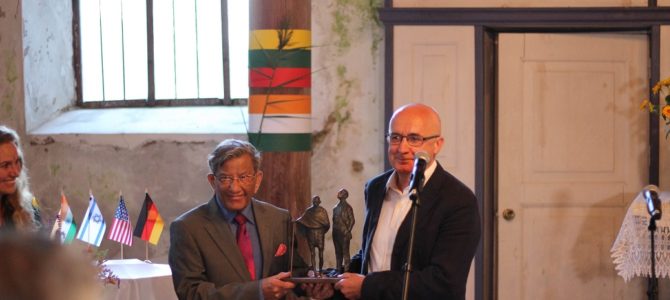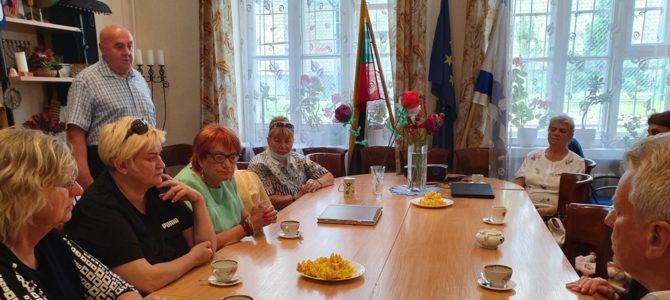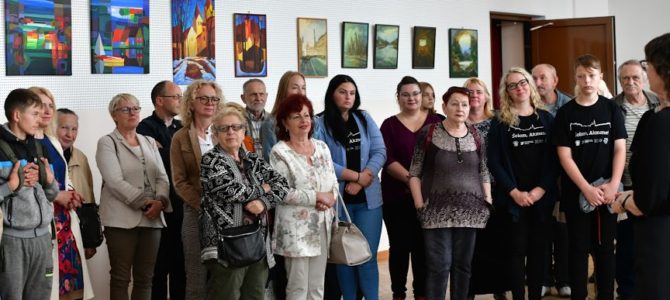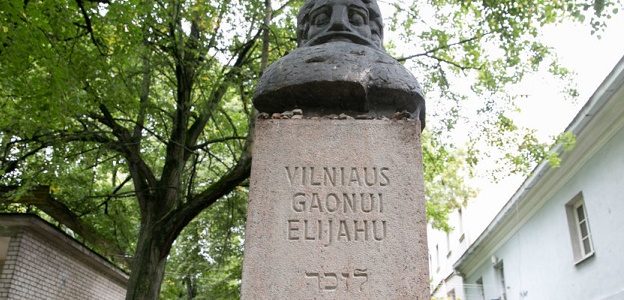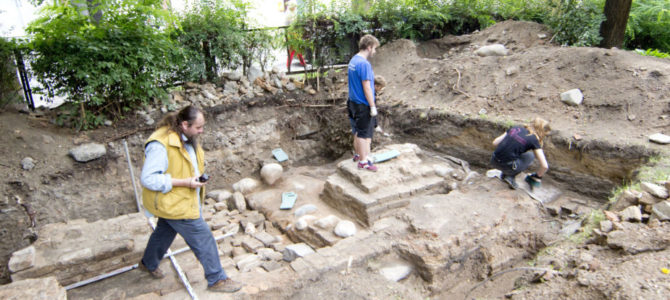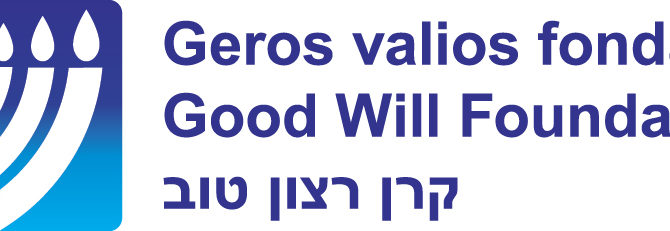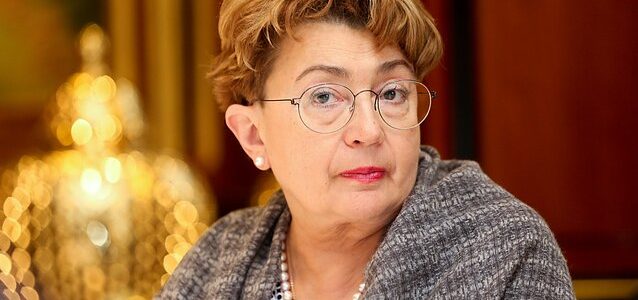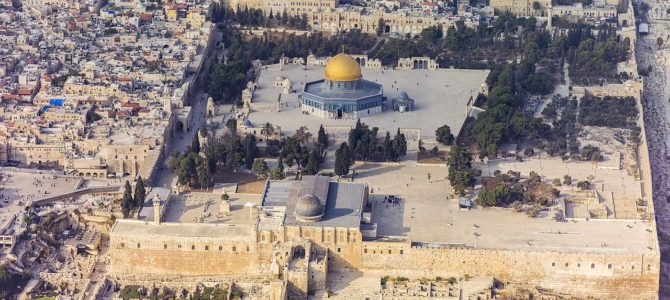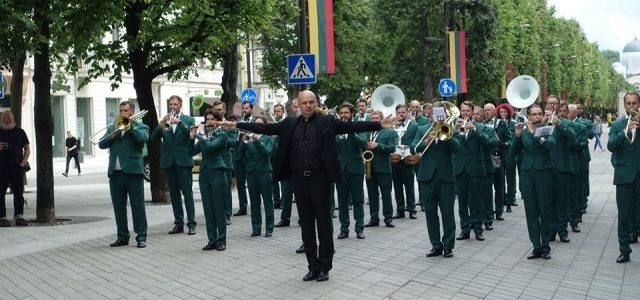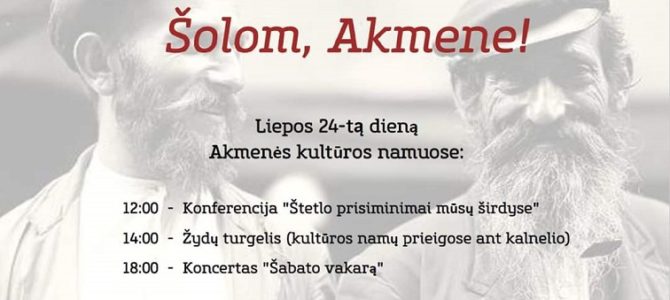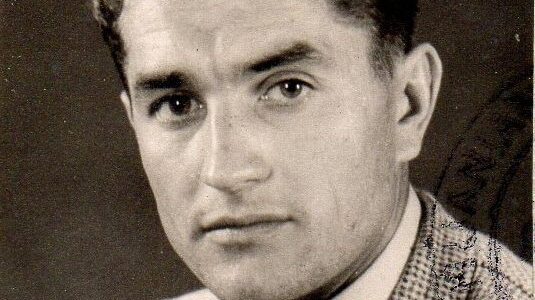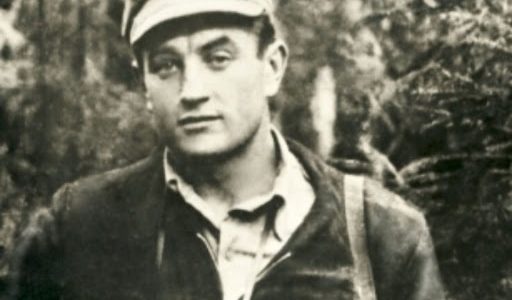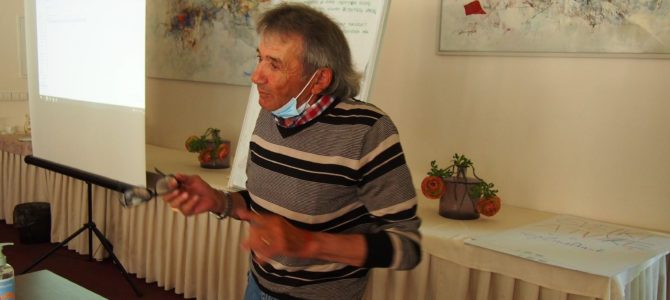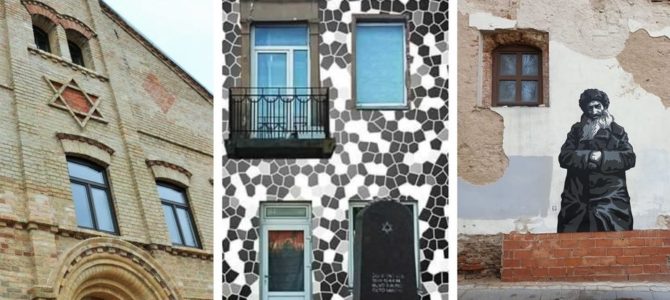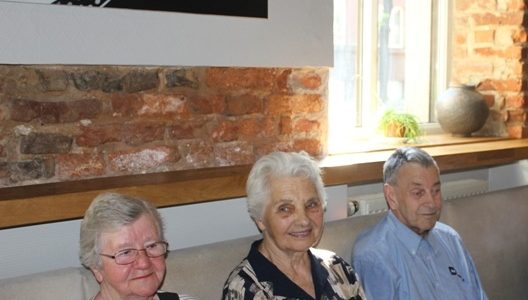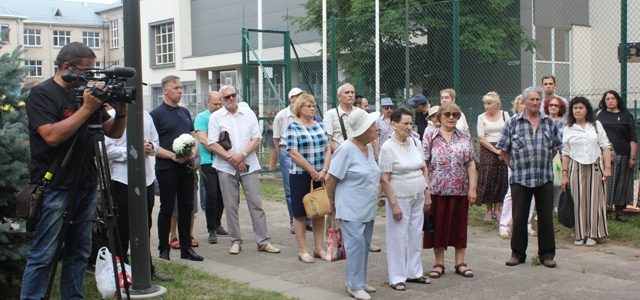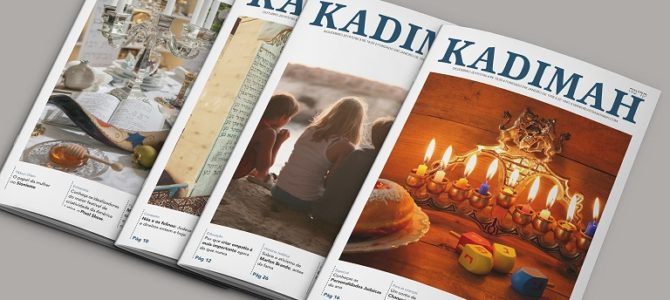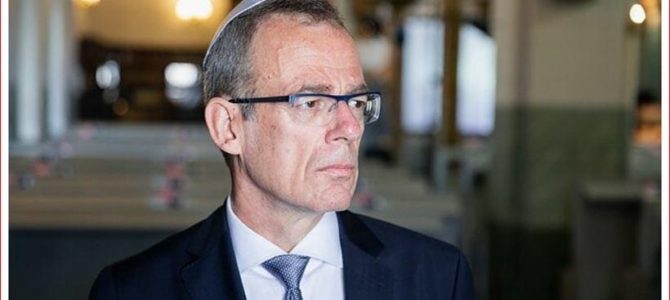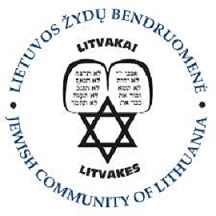An awards ceremony to present the award “For Contributions to Friendship between India and Lithuania” was held in Rusnė, Lithuania, recently. The recipient this year was Vytautas Toleikis who researched and published the story of the friendship between the father of modern India Mohandas Gandhi and Rusnė-resident Litvak Hermann Kallenbach.
Gandhi and Kallenbach’s friendship was commemorated in a sculpture by the late Romas Kvintas which was placed on the bank of the Atmata River in Rusnė in 2015. The Lithuanian embassy to India contributed to erecting the statue.
On July 25 Toleikis was presented a miniature of this statue at the awards ceremony attended by Lithuanian Jewish Community chairwoman Faina Kukliansky, Indian ambassador Tsewang Namgyal, Israeli ambassador Yossi Levy, US ambassador Robert Gilchrist, German ambassador Matthias P. Sonn, Lithuanian ambassador to India Julius Pranevičius, Indian honorary consul Rajinder Chaudhary, Šilutė regional mayor Vytautas Laurinaitis and Rusnė alderwoman Dalia Drobnienė. Chairwoman Kukliansky congratulated Toleikis on winning the award.


